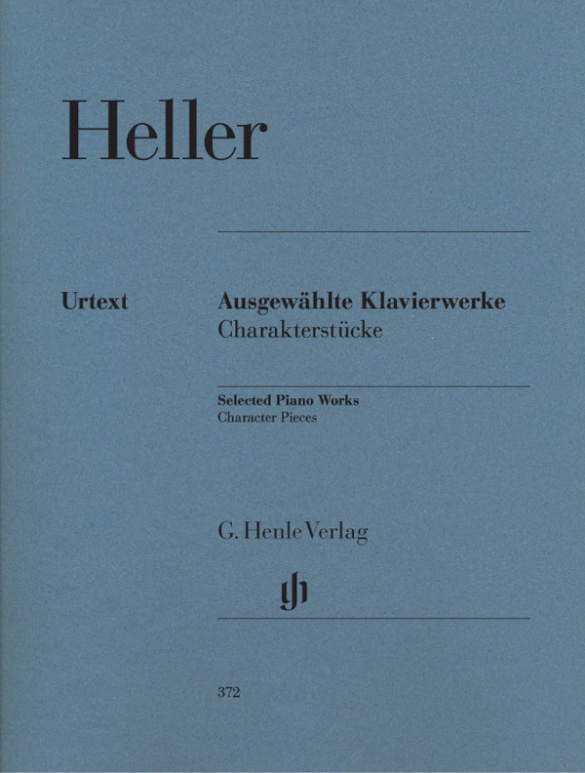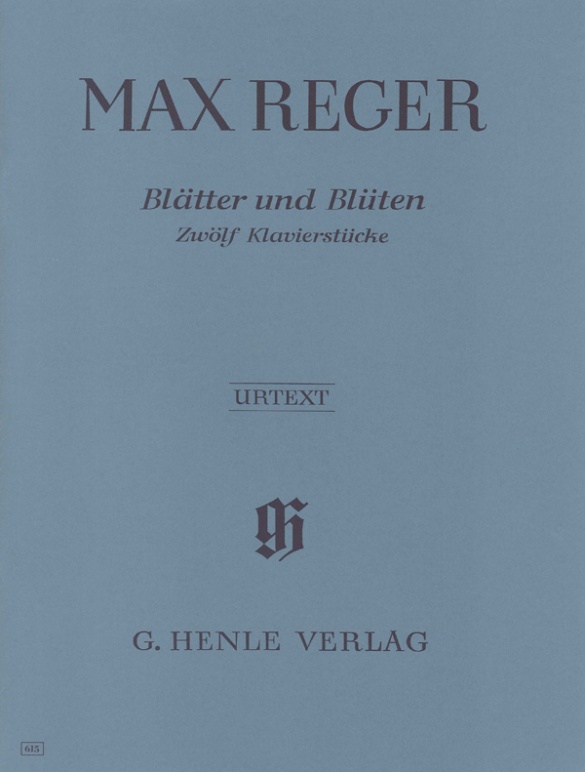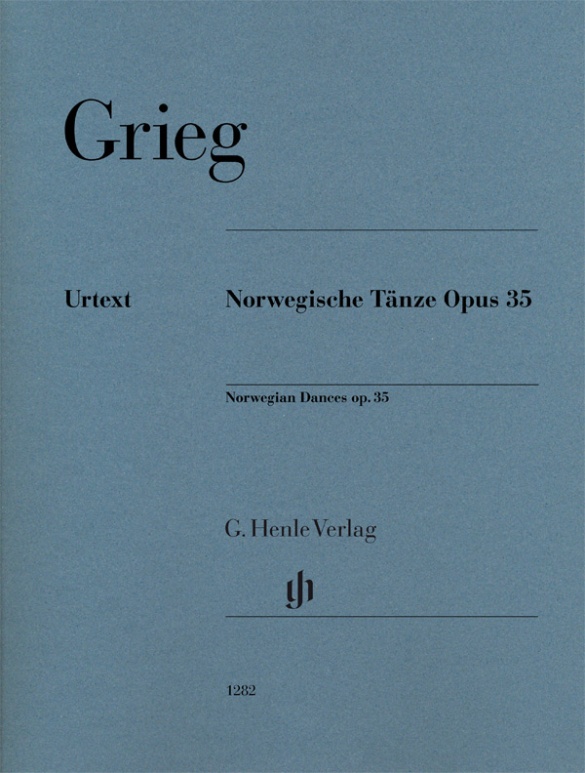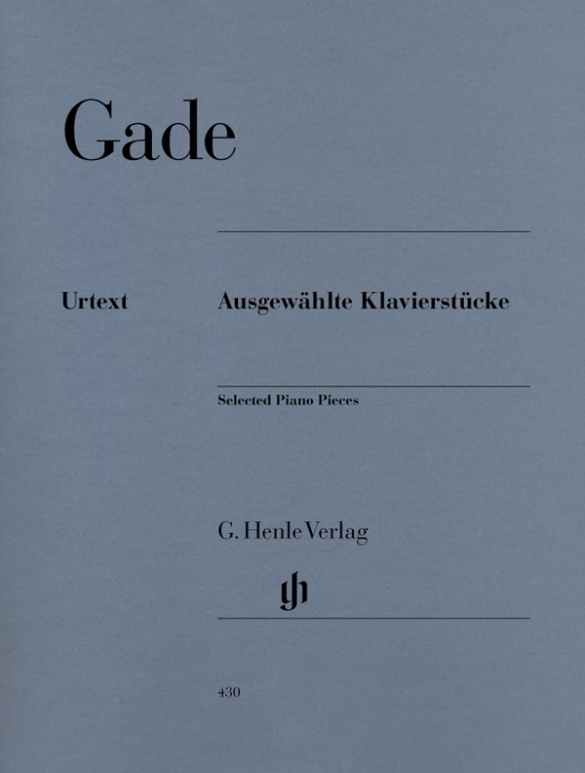

Niels Wilhelm Gade
Selected Piano Pieces
Niels W. Gade, who occasionally substituted for Felix Mendelssohn as conductor of the Gewandhaus Concerts in Leipzig, is today considered the most important Danish composer. In his “Spring Flowers” op. 2b, “Aquarelles” op. 19 and “New Aquarelles” op. 57 he created supple, pleasing piano pieces in an intimate style suitable for domestic music-making. Nevertheless, these character pieces are of moderate difficulty. They fascinate with their powerful originality, deeply sensitive expressive power and pianistic ingenuity. For pianists who want to look beyond the established romantic piano music repertoire, engaging with this edition will prove worthwhile. The informative preface has been written by Danish pianist Bengt Johnsson, who has recorded Gade’s complete piano works.
Content/Details
(Explanation)
About the Composer
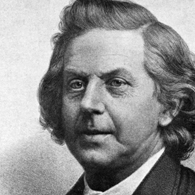
Niels Wilhelm Gade
Composer, conductor, and organist, regarded as one of the most important figures in Danish music history. His early works in particular are characterized by a musical language dubbed nationalist due to its strong references to Nordic folk tunes; over the course of his career this yields to a more neutral and more academic compositional manner. His rich oeuvre comprises orchestral and vocal works, chamber music and works for keyboard.
| 1817 | Born in Copenhagen on February 22, the son of an instrument maker. |
| from 1832 | Accepted into the Chapel Royal as a pupil of its concertmaster, Frederik Wexschall. Composition lessons with A. P. Berggreen, who awakens Gade’s interest in Nordic folk melodies. |
| 1840 | First Prize in the Copenhagen Musical Society’s competition with his overture “Efterklange af Ossian” (“Echoes of Ossian”), op. 1. |
| 1843 | Premiere in Leipzig of his Symphony no. 1 in C minor under Mendelssohn’s baton. |
| from 1843 | Moves to Leipzig, where he socializes in the circles around Mendelssohn and Schumann. |
| 1844 | Premiere of his Symphony no. 2 in E major, op. 10. Travels lead him through Italy, Austria, and Switzerland. He becomes director of the Gewandhaus concerts and obtains an appointment at the Leipzig conservatory. |
| 1847/48 | Returns to Copenhagen. |
| from 1850 | Director of the concerts of the Copenhagen Musical Society. |
| from 1851 | Organist of the Garrison Church. |
| from 1855 | Organist of the Church in Copenhagen’s Holmen district. |
| from 1862 | As a celebrated conductor of his own works he regularly participates in music festivals abroad, including in Birmingham, Holland, and Hamburg. |
| 1890 | Dies in Copenhagen on December 21. |
About the Authors

Klaus Schilde (Fingering Piano)
Prof. Klaus Schilde, born in 1926, spent his childhood in Dresden. There he was greatly influenced by Walter Engel, who taught him the piano (Kodaly method), composition and violin. From 1946–1948 he studied at the music conservatory in Leipzig with Hugo Steurer. After moving to the west in 1952 he studied with Walter Gieseking and Edwin Fischer, as well as with Marguerite Long, Lucette Descaves and Nadia Boulanger in Paris.
Schilde won numerous prizes. From 1947 onwards he gave concerts as a soloist and chamber musician on almost every single continent with renowned orchestras. He taught at the music conservatories in East Berlin Detmold, West Berlin, Munich, Tokyo (Geidai) and Weimar. From 1988–1991 he was President of the Staatliche Hochschule für Musik und Theater in Munich, where he also taught for decades as a professor. There are numerous radio and television broadcasts with Klaus Schilde as well as CD recordings. Schilde has contributed fingerings to almost 100 Henle Urtext editions.
Prof. Klaus Schilde passed away on 10 December, 2020.
Product Safety Informations (GPSR)

G. Henle Verlag
Here you can find the information about the manufacturer of the product.G. Henle Verlag e.K.
Forstenrieder Allee 122
81476 München
Germany
info@henle.de
www.henle.com
recommendations
autogenerated_cross_selling
Further editions of this title


